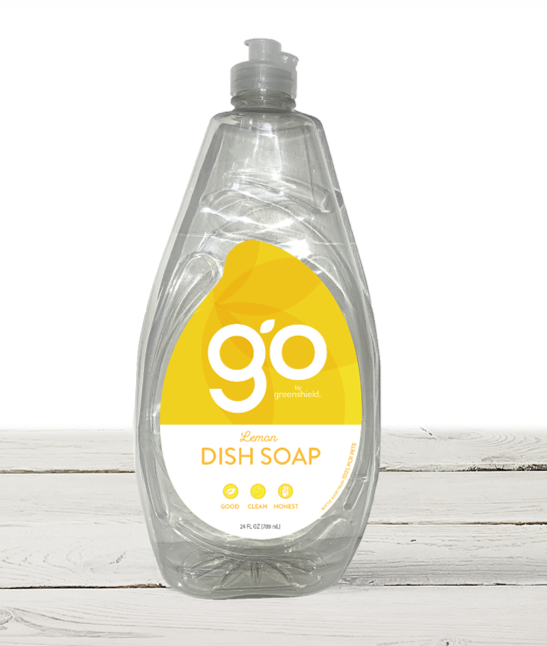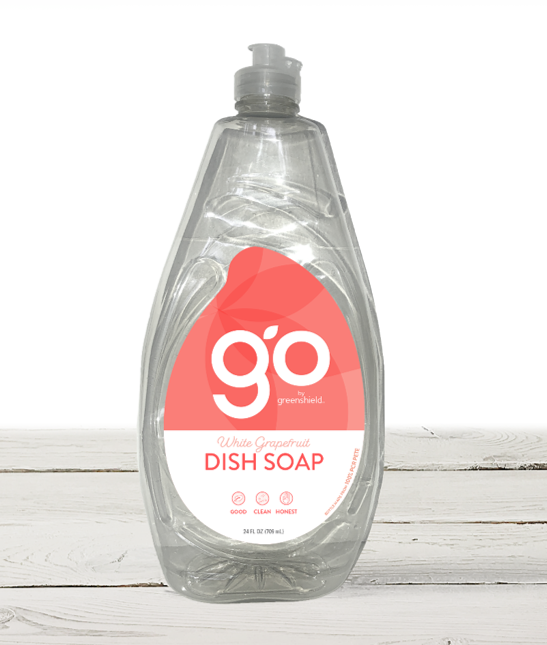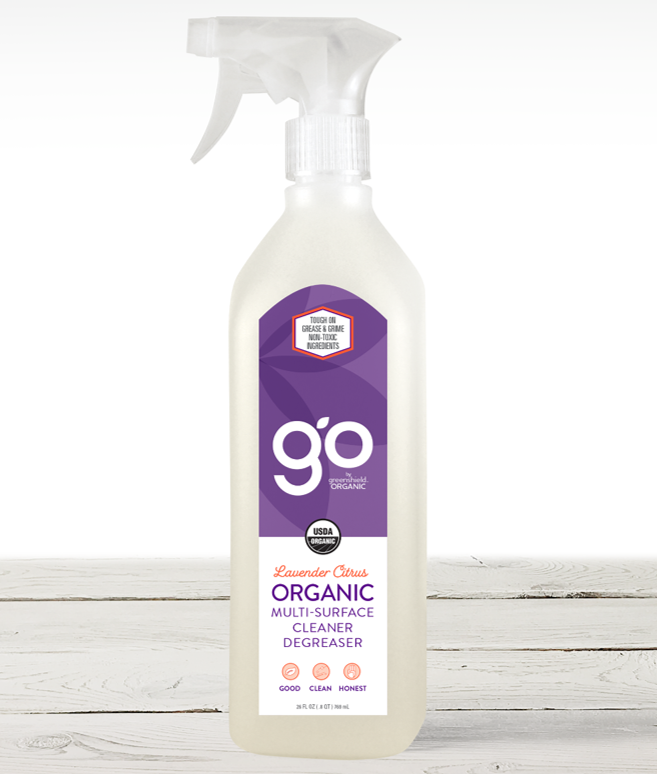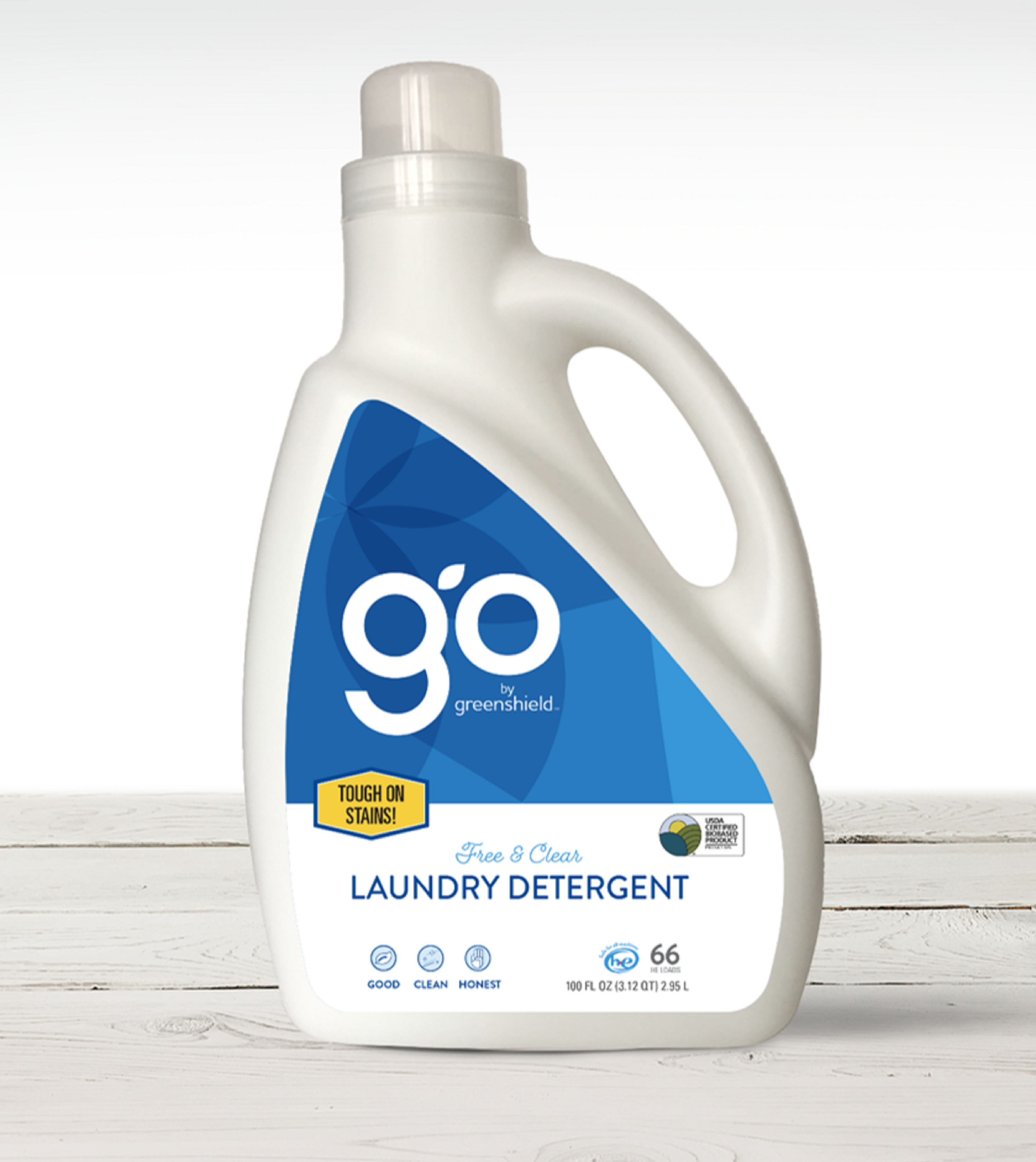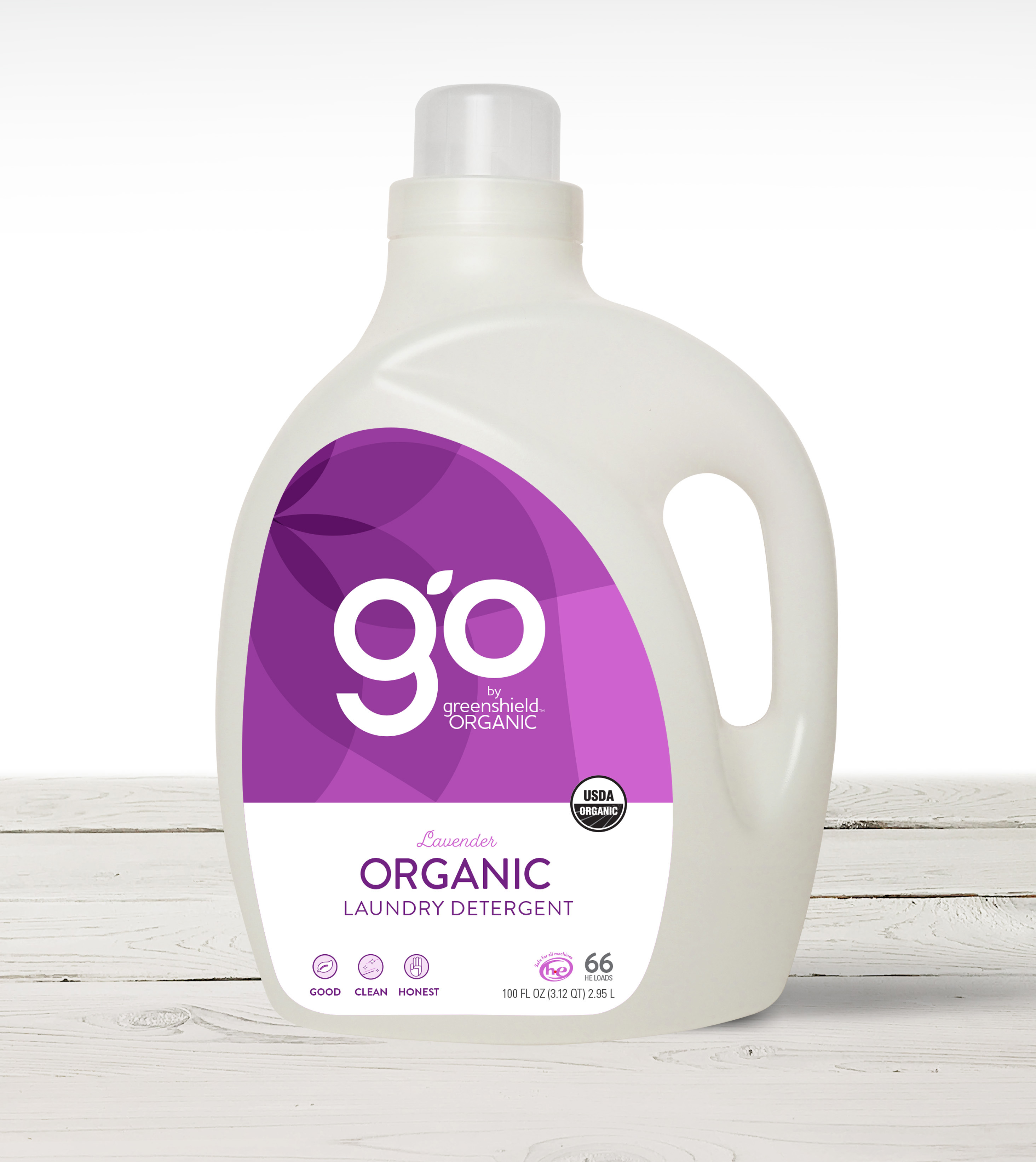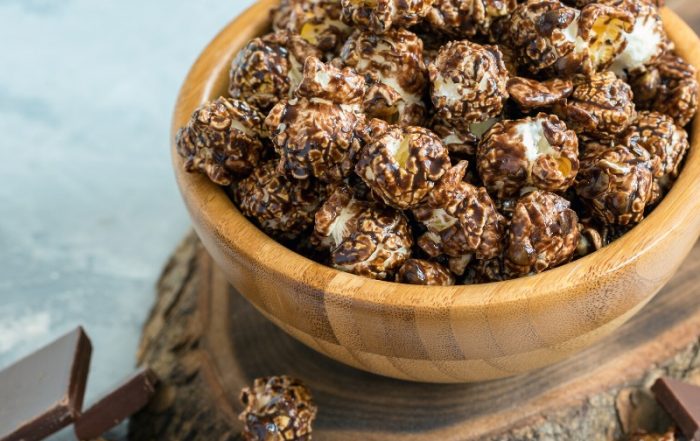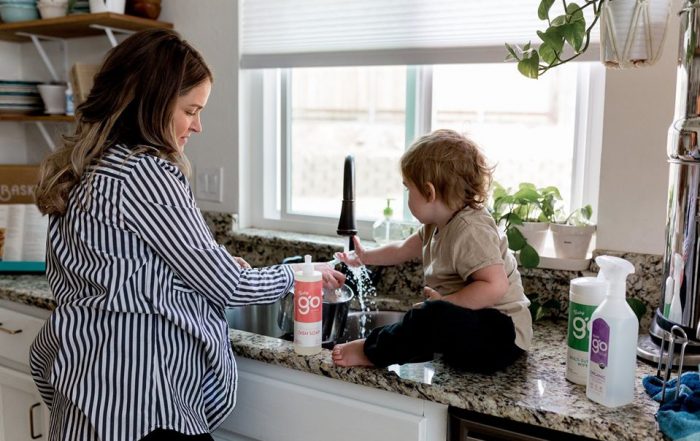Easy Composting 101
Author: Helen Mikkola, GO by greenshield organic™ Sales Coordinator
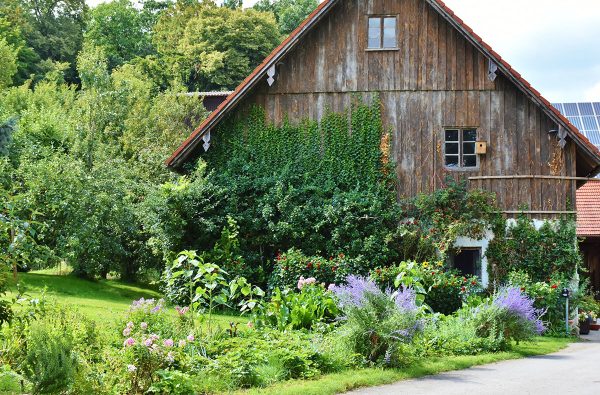
If you are a gardener, like myself, the itch to start planting is growing stronger. As I dig and create in the garden, my friends continually ask why I love it so much. This quote sums it up for me,
“I grow plants for many reasons: to please my soul, to challenge the elements or to challenge my patience, for novelty, or for nostalgia, but mostly for the joy in seeing them grow.” David Hobson
As with any passion or creation, it all starts with good books, friendly advice and trial and error. There is one resounding, all important lesson learned in gardening, that you have good soil. Not too many people would say they love dirt, but I get pretty excited when soil is good and my hearts sinks at the sight of bad soil.

Helen M., GO by greenshield organic™ Sales Coordinator
I’m addicted to recycling, so it was a natural extension to recycle kitchen waste in a compost bin in the backyard. Each American discard’s 9.1 pounds of compost-ready kitchen scraps every week into local landfills. Composting is eco-friendly, reduces waste in landfills, improves soil, provides nutrients for beneficial insects and promote healthy plant growth. Going green can be done in small steps, and with every step there will come a tremendous amount of satisfaction knowing you are helping our planet.
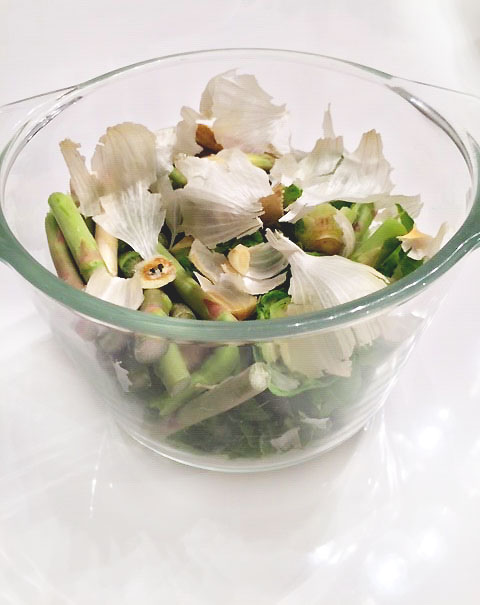
Saving kitchen waste is pretty easy. A simple bowl will collect the scraps and when full, just toss them into your compost pile.
Examples of kitchen waste that can be composted (i.e Green Waste):
- Crushed Egg Shells
- Vegetable and fruit peels
- Coffee filters and grounds, loose tea and tea bags
- Spent flowers
Examples of garden waste that can be composted (i.e Brown Waste):
- Grass Clippings
- Leaves
- Pruned or old flowers
- Shredded paper towels, napkins
The preferred ratio is 2 brown to 1 green. Compost piles don’t have to be fancy. I’ve been known to dig a few holes in the backyard—with the assistance of my four-legged family member—fill them with kitchen and garden waste and cover them up with dirt. However, most gardeners have dedicated areas for composting. There are many composting bins to create or buy, but I like to keep it simple.
I use a plastic storage tub, poke a few holes in the lid\sides and throw in the waste, water and let the composting begin.
Here are some tips to start your compost bin:
- Start with a layer of brown waste, alternate green, brown, green, etc.
- Feel free to add some soil to the bin, I use old potting soil from containers used during the summer
- Remember to add some water, just enough to make it moist, not soggy
- Turn the mixture at least once of week
- Worms make their way into the bin. It’s ok!
And here are some things not to put in the compost pile:
These items can attract pets and other garden pests to the pile. Best lesson learned: When in doubt, leave it out.
- Meat products including fish and bones
- Dairy\Bakery products
- Dog and cat feces
- Citrus Peels and Onions
- Coal or charcoal ash
- Raw eggs
- Diseased or insect-infested plants
- Fats, grease, lard, or oils
- Yard trimmings containing chemical pesticides.
- Coated Glossy Paper
- Sawdust
- Black Walnuts
My small compost pile is usually ready in three months. If you have a large pile, it could take two years. If you start a small one this month, you should have a compost pile full of nutrient rich humus to add to your indoor plants, outdoor garden and pots for June. And you will notice a bountiful garden full of beauty and harvest.
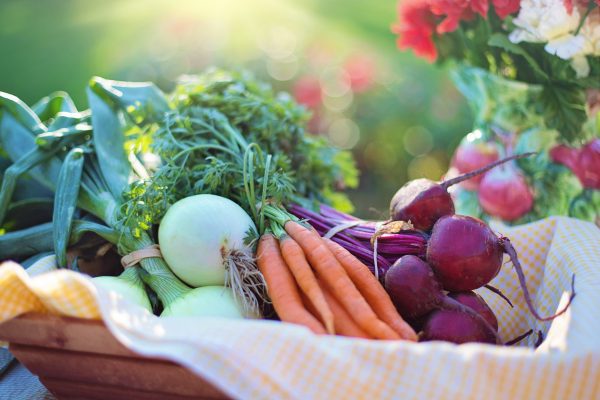
References:
https://www.thekitchn.com/tips-for-setting-up-a-simple-backyard-compost-system-202160
https://www.gardeners.com/how-to/jumpstart-your-compost/5380.html
https://www.azurestandard.com/healthy-living/compost-green-brown-ratios-balanced/
https://extension.illinois.edu/compost/process.cfm
https://balconygardenweb.com/things-you-cant-compost-what-not-to-compost/
SUBSCRIBE TO OUR BLOG
RELATED ITEMS
RECENT POSTS

